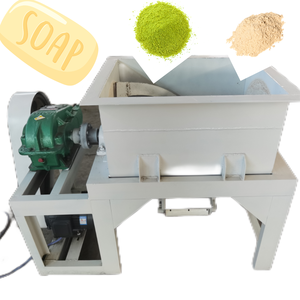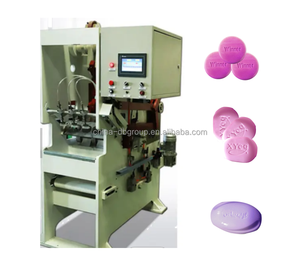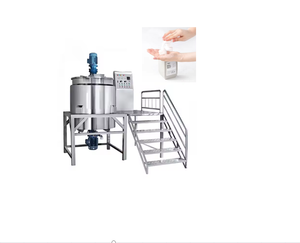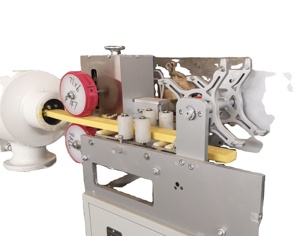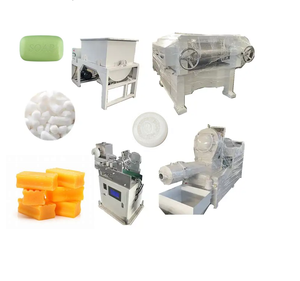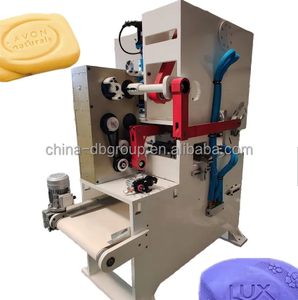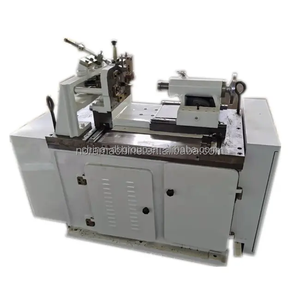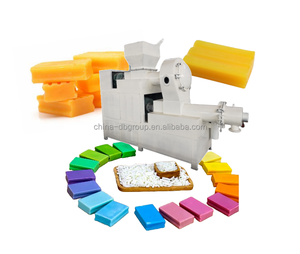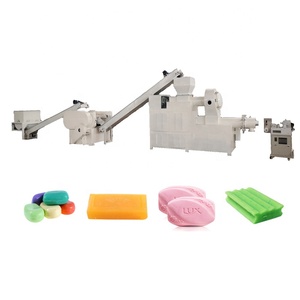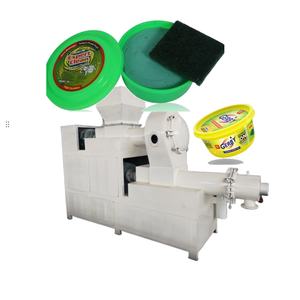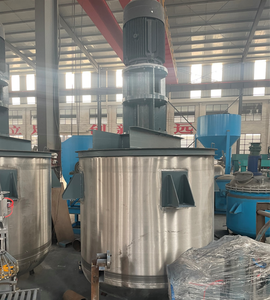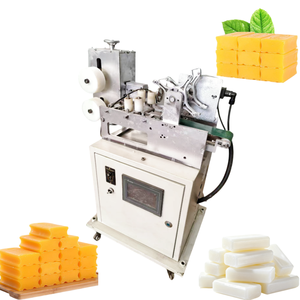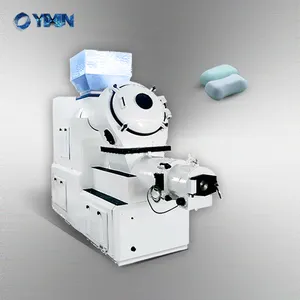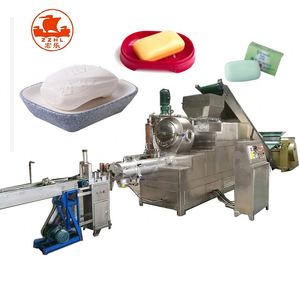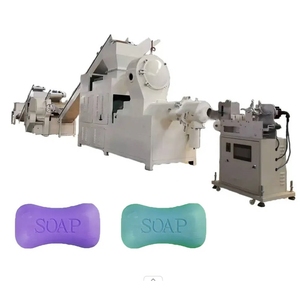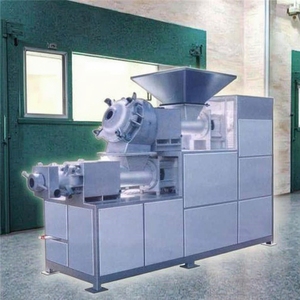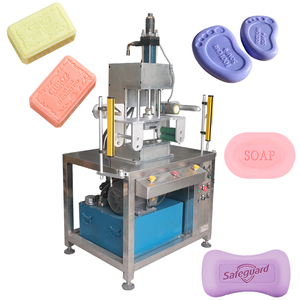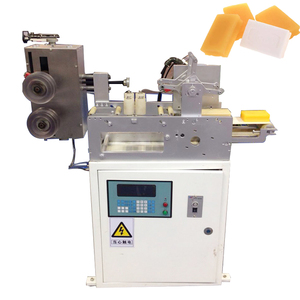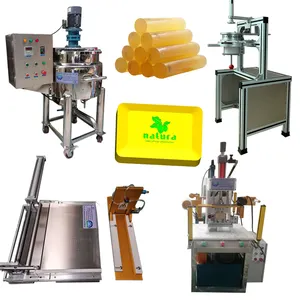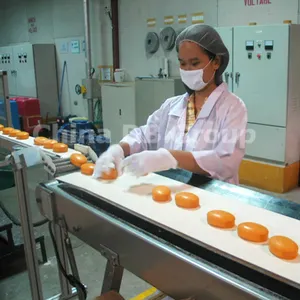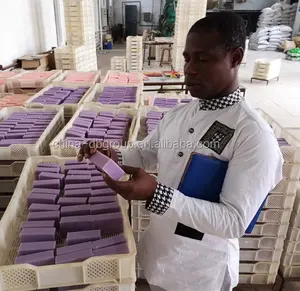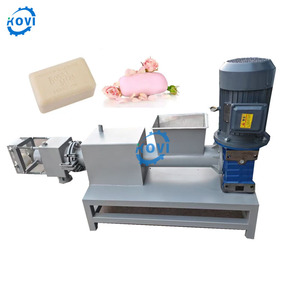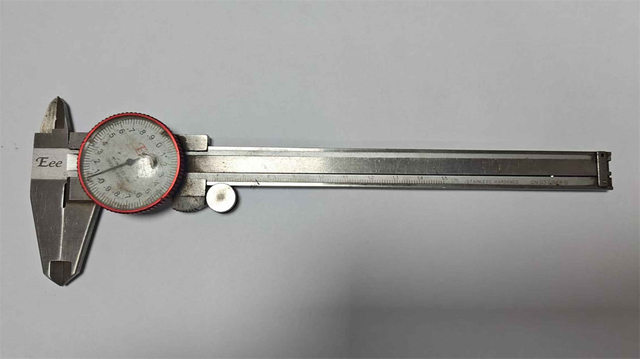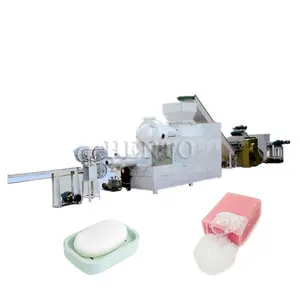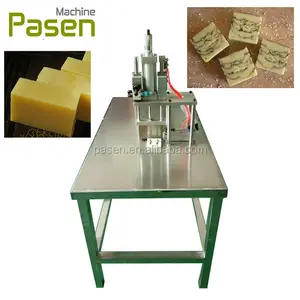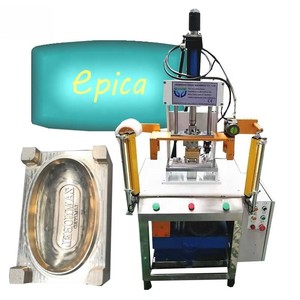Soap Making Machine Price In Delhi



 Top sponsor listing
Top sponsor listing

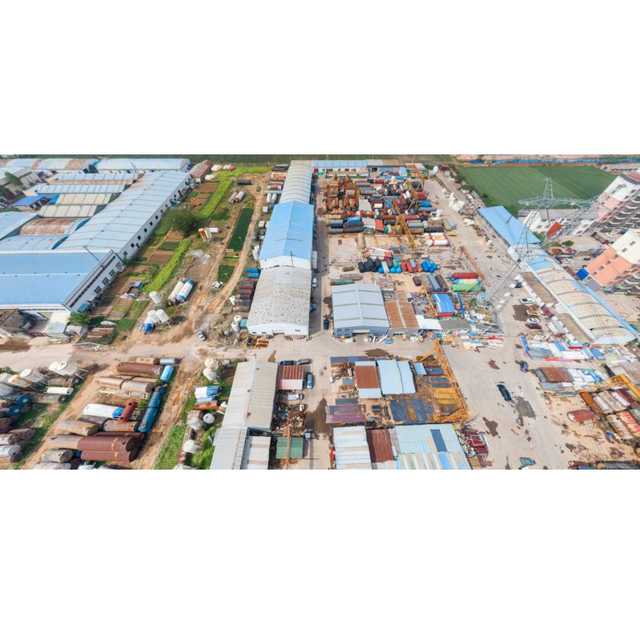



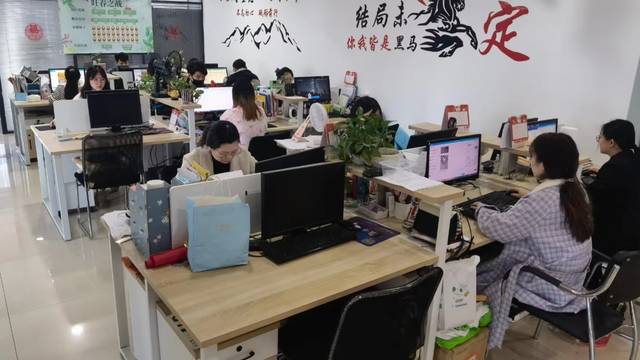








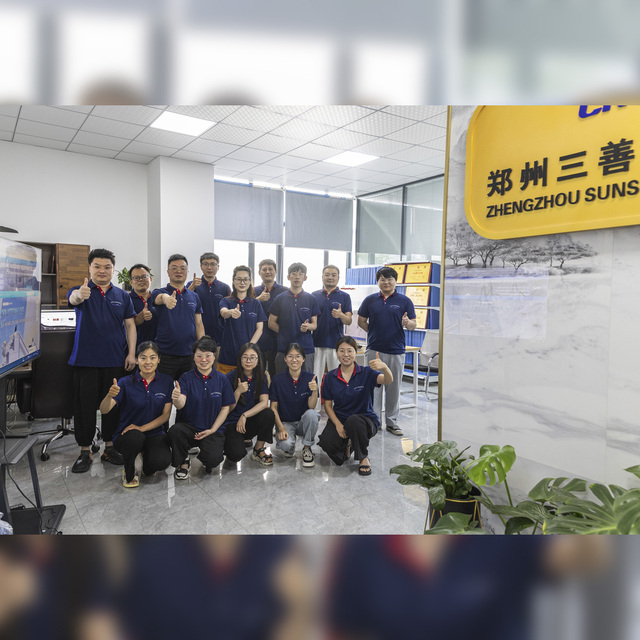




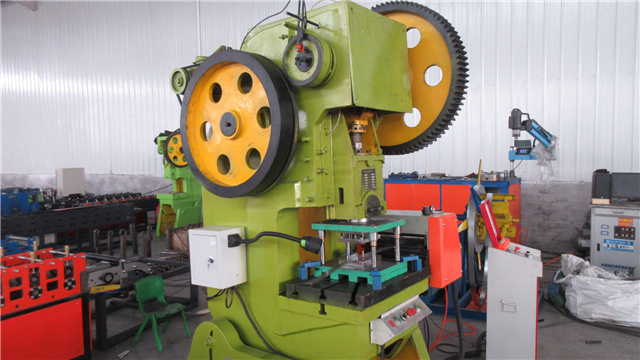















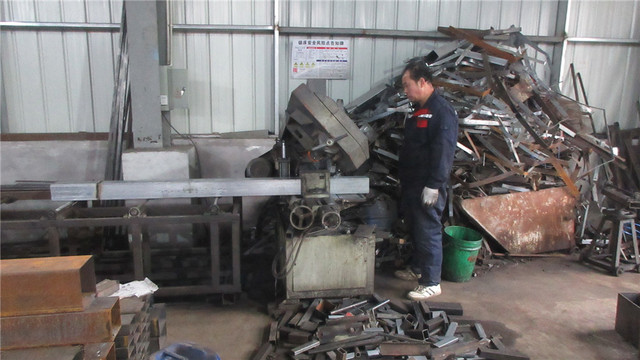
About soap making machine price in delhi
Where to Find Soap Making Machine Suppliers?
China remains the dominant hub for soap making machine manufacturing, with key production clusters concentrated in Henan Province—particularly around Zhengzhou. This region hosts a high density of machinery manufacturers specializing in chemical processing and soap production equipment, supported by integrated supply chains for stainless steel, automation components, and packaging systems. The industrial ecosystem enables streamlined fabrication of extrusion plodders, hydraulic presses, and fully automatic bar forming lines.
These clusters benefit from vertical integration, where casting, CNC machining, welding, and assembly occur within proximate facilities, reducing lead times and logistics overhead. Buyers gain access to scalable production networks capable of fulfilling orders ranging from small-scale semi-automatic units to turnkey soap manufacturing lines. Typical advantages include 20–35% cost efficiency compared to Western suppliers, lead times of 25–45 days for standard configurations, and strong flexibility for technical customization. Export infrastructure is well-developed, with most suppliers experienced in international shipping and compliance documentation.
How to Choose Soap Making Machine Suppliers?
Selecting reliable suppliers requires systematic evaluation across technical, operational, and transactional parameters:
Technical Specifications & Compliance
Verify that machines are constructed primarily from food-grade stainless steel (typically SS304 or SS316) and equipped with CE-certified electrical systems. For export markets, ensure compliance with regional safety standards such as IEC 60204-1 for machinery safety. Request detailed engineering drawings, motor specifications (e.g., power rating, speed control), and validation reports for critical processes like homogenization and compression molding.
Production Capacity Assessment
Evaluate supplier capabilities through objective indicators:
- Minimum factory area exceeding 3,000m² for sustained output
- In-house machining and welding capacity to reduce outsourcing dependencies
- Dedicated quality control stations for pre-shipment testing
Cross-reference on-time delivery rates (target ≥95%) and reorder rates (>15%) as proxies for reliability and customer satisfaction.
Customization & After-Sales Support
Confirm availability of customization options including mold design (for logo imprinting), PLC interface language, voltage configuration (e.g., 380V/50Hz vs. 220V/60Hz), and integration with downstream packaging systems. Prioritize suppliers offering remote commissioning support, operator training, and spare parts provisioning. Response time under 3 hours indicates active customer service infrastructure.
What Are the Best Soap Making Machine Suppliers?
| Company Name | Main Products | On-Time Delivery | Reorder Rate | Avg. Response | Online Revenue | Customization | Verified Status |
|---|---|---|---|---|---|---|---|
| Henan Lovo Industry Co., Ltd. | Soap Making Machines, Construction & Chemical Equipment | 96% | 23% | ≤3h | US $540,000+ | Color, material, size, logo, packaging, graphics | Multispecialty Supplier |
| Zhengzhou Fuget Technology Co., Ltd. | Soap Making Machines, Oil Pressers, Feed Processing | 100% | 20% | ≤2h | US $30,000+ | Not specified | - |
| Wellink Machinery Inc | Soap Making Machines, Packaging, Oil Pressers | - | - | ≤3h | - | Not specified | - |
| Zhengzhou Nora Machinery Equipment Co., Ltd. | Soap Making Machines, Mixing & Packaging Equipment | 100% | 100% | ≤1h | - | Not specified | - |
| Zhengzhou Hento Machinery Co., Ltd. | Soap Making Machines, Solid Bar Production Lines | 100% | 18% | ≤1h | US $350,000+ | Color, material, size, logo, packaging, graphics | Brand Holder |
Performance Analysis
Zhengzhou Nora Machinery stands out with a perfect 100% reorder rate and sub-one-hour response time, indicating high customer retention and operational responsiveness. Zhengzhou Fuget and Hento Machinery report full on-time delivery records, suggesting robust production planning. Henan Lovo leads in online revenue volume (over US$540,000), reflecting established market presence and export activity. Hento and Lovo offer extensive customization, enabling brand-specific adaptations crucial for private-label soap producers. While some suppliers lack disclosed reorder or revenue data, consistent response times below three hours across all listed entities reflect competitive service standards.
FAQs
What is the typical price range for soap making machines in Delhi?
Imported soap making machines from Chinese suppliers typically range from $800 for basic semi-automatic models to over $40,000 for fully automated production lines. Prices vary based on capacity (e.g., 100kg/h vs. 1,000kg/h), level of automation, and material quality. When factoring in shipping, customs duties, and GST in India, landed costs in Delhi may increase by 25–35%.
What are common MOQ and lead time terms?
Most suppliers list a minimum order quantity (MOQ) of 1 set, accommodating pilot buyers and SMEs. Lead times generally range from 20 to 40 days after deposit confirmation, depending on machine complexity and factory workload. Customized systems may require additional engineering time (7–14 days) before production begins.
Do suppliers offer machine customization?
Yes, leading suppliers such as Henan Lovo and Zhengzhou Hento provide customization for mold design, control panel language, voltage, motor power, and branding elements (logo, color scheme). Technical modifications like output capacity adjustments or integration with cooling conveyors are feasible upon request.
Are samples available before bulk purchase?
Full-machine samples are rarely offered due to size and cost. However, suppliers often provide video demonstrations, factory test runs, or component samples (e.g., stamped soap bars produced on-site). Some may allow inspection via third-party agents prior to shipment.
How to verify supplier credibility?
Validate business licenses, cross-check certifications (ISO, CE), and request references from past Indian clients. Use transaction assurance programs to secure payments until delivery and performance verification. Conduct virtual audits via live video tours of production lines and quality checks to confirm operational scale.


